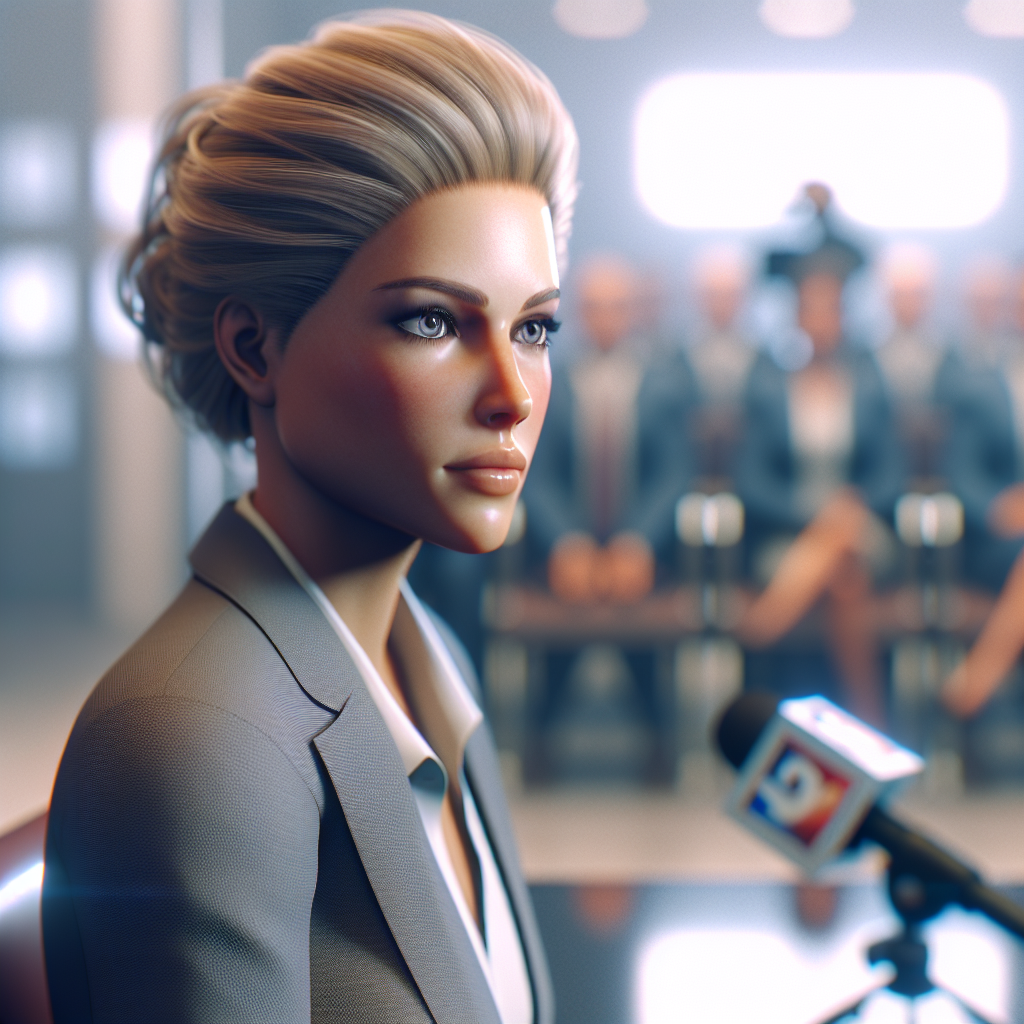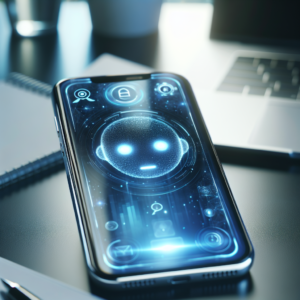Scarlett Johansson Urges Government to Limit A.I. After Faked Video of Her Opposing Kanye West Goes Viral
In the age of rapidly advancing technology, the rise of artificial intelligence (A.I.) has brought forth a plethora of issues, particularly regarding the authenticity of digital content. Recently, renowned actress Scarlett Johansson found herself at the center of a controversy when a manipulated video of her surfaced online, falsely depicting her as opposing rapper Kanye West. This incident has sparked a significant conversation about the ethical implications of A.I. and the necessity for government intervention to regulate its use.
The Rise of Deepfakes and Their Impact
Deepfake technology, which uses A.I. to create hyper-realistic videos that manipulate the likenesses of individuals, has raised concerns across various sectors, including entertainment, politics, and beyond. These videos can portray people saying or doing things they never actually did, leading to misinformation and potential reputational damage. In Johansson’s case, the fake video was crafted ingeniously enough that many viewers believed it was real, emphasizing the growing sophistication of A.I. technologies and their potential to mislead the public.
The implications of deepfake technology extend beyond mere pranks or satire; they can have damaging effects on an individual’s career and personal life. The ability to distort reality poses a significant threat, particularly for public figures like Johansson, who are constantly in the spotlight. As such, Johansson is advocating for stricter regulations and guidelines that govern the use of A.I. technologies to prevent further misuse.
Scarlett Johansson’s Response
In response to the viral deepfake video, Johansson expressed her concerns regarding the ethical use of technology in today’s society. She stated, “It’s frightening to think that A.I. can create content that can mislead people, and I urge our lawmakers to take a firm stance on this issue.” Scarlett’s call for action highlights the urgent need for a legal framework to address the challenges posed by A.I. technologies.
Johansson’s activism is not merely a reaction to her personal experience but reflects a broader concern shared by many in the entertainment industry. As technology becomes increasingly integrated into everyday life, the need for clear regulations becomes more apparent. Many celebrities fear that, without legal protections, they could become victims of similar attacks, potentially harming their careers and personal lives.
The Role of Government in Regulating A.I.
The question of how to regulate A.I. technology is complex and multifaceted. Governments worldwide are grappling with the implications of rapidly evolving technologies and their potential to disrupt social norms. Johansson’s appeal emphasizes the importance of proactive measures to protect individuals from the potential harms of A.I.
Several key considerations come into play when discussing the regulation of A.I. technologies:
1. Authentication Standards: Establishing standards for digital content authentication can help combat misinformation and the spread of deepfakes. By requiring clear labeling of manipulated content, viewers can be better informed and more discerning consumers of digital media.
2. Legal Protections for Individuals: It is essential to create laws that protect individuals from unauthorized use of their likenesses. This could include stricter penalties for those who create and distribute harmful deepfake content.
3. Collaboration with Tech Companies: Governments should work closely with technology companies to develop ethical guidelines for the use of A.I. This collaboration can help ensure that innovations in A.I. are harnessed for positive outcomes rather than malicious intent.
4. Public Awareness Campaigns: Educating the public about A.I. technologies and the potential risks associated with them is crucial. Awareness campaigns can empower individuals to critically evaluate the media they consume and reduce the impact of misinformation.
The Future of A.I. and Its Implications
As A.I. continues to evolve, the discourse surrounding its ethical implications will remain at the forefront of public debate. The incident involving Scarlett Johansson serves as a stark reminder of the power and potential dangers of A.I. technologies. It highlights the necessity for individuals, corporations, and governments to come together to address these challenges head-on.
The entertainment industry is not the only sector impacted by A.I.; other fields, including journalism, politics, and education, are also wrestling with the consequences of manipulated content. As deepfakes become more prevalent, the risk of misinformation campaigns targeting public figures and organizations grows, potentially undermining trust in established institutions.
Moving forward, it is essential for stakeholders to engage in meaningful conversations about the ethical use of A.I. and the responsibilities that come with it. By fostering a culture of accountability and transparency, society can harness the benefits of A.I. while mitigating the risks associated with its misuse.
Conclusion
Scarlett Johansson’s call for government intervention in the realm of A.I. regulation is a pivotal moment in the ongoing conversation about the ethics of technology. With the rise of deepfakes and the potential for misinformation, it is crucial for lawmakers to take action to protect individuals and society as a whole. As technology continues to evolve, it is imperative that we remain vigilant and proactive in addressing the challenges it presents. The future of A.I. should be one that prioritizes ethics, authenticity, and the well-being of individuals in an increasingly digital world.



